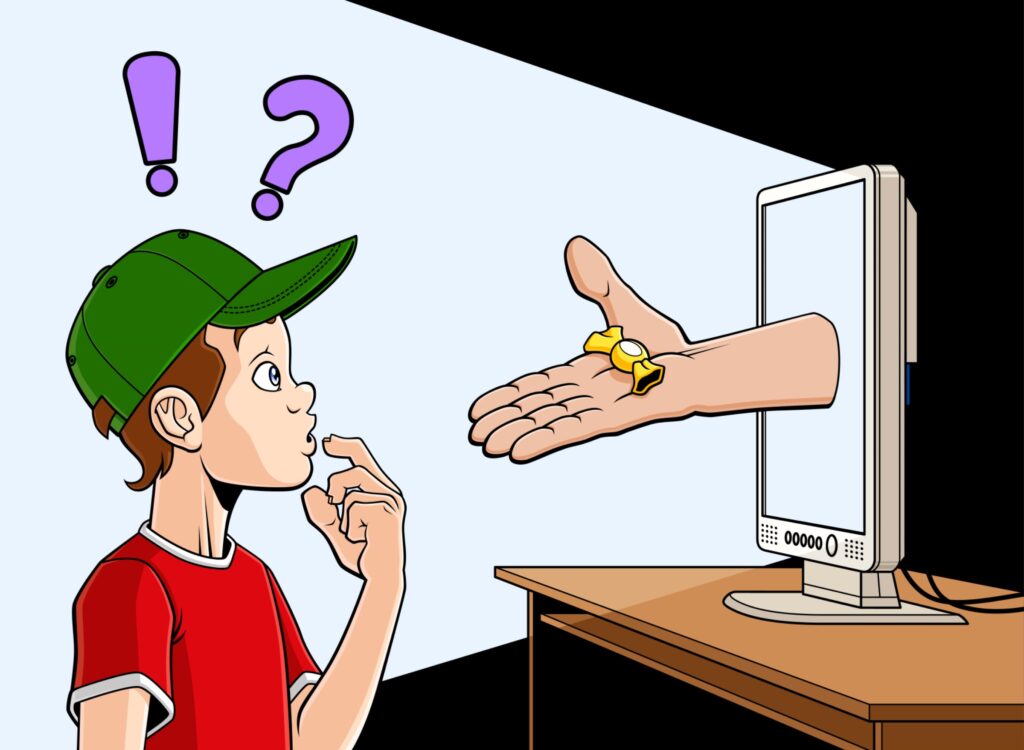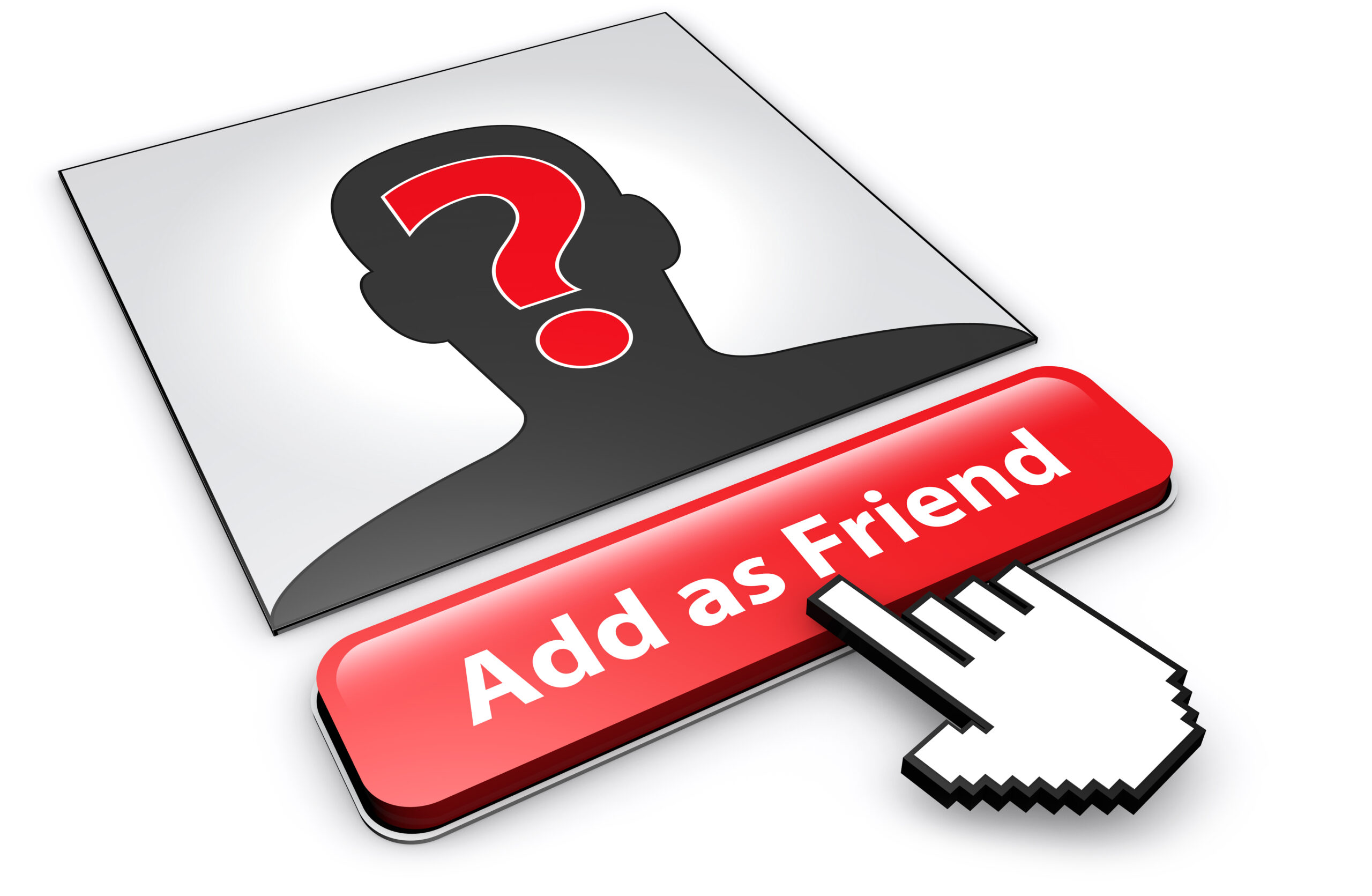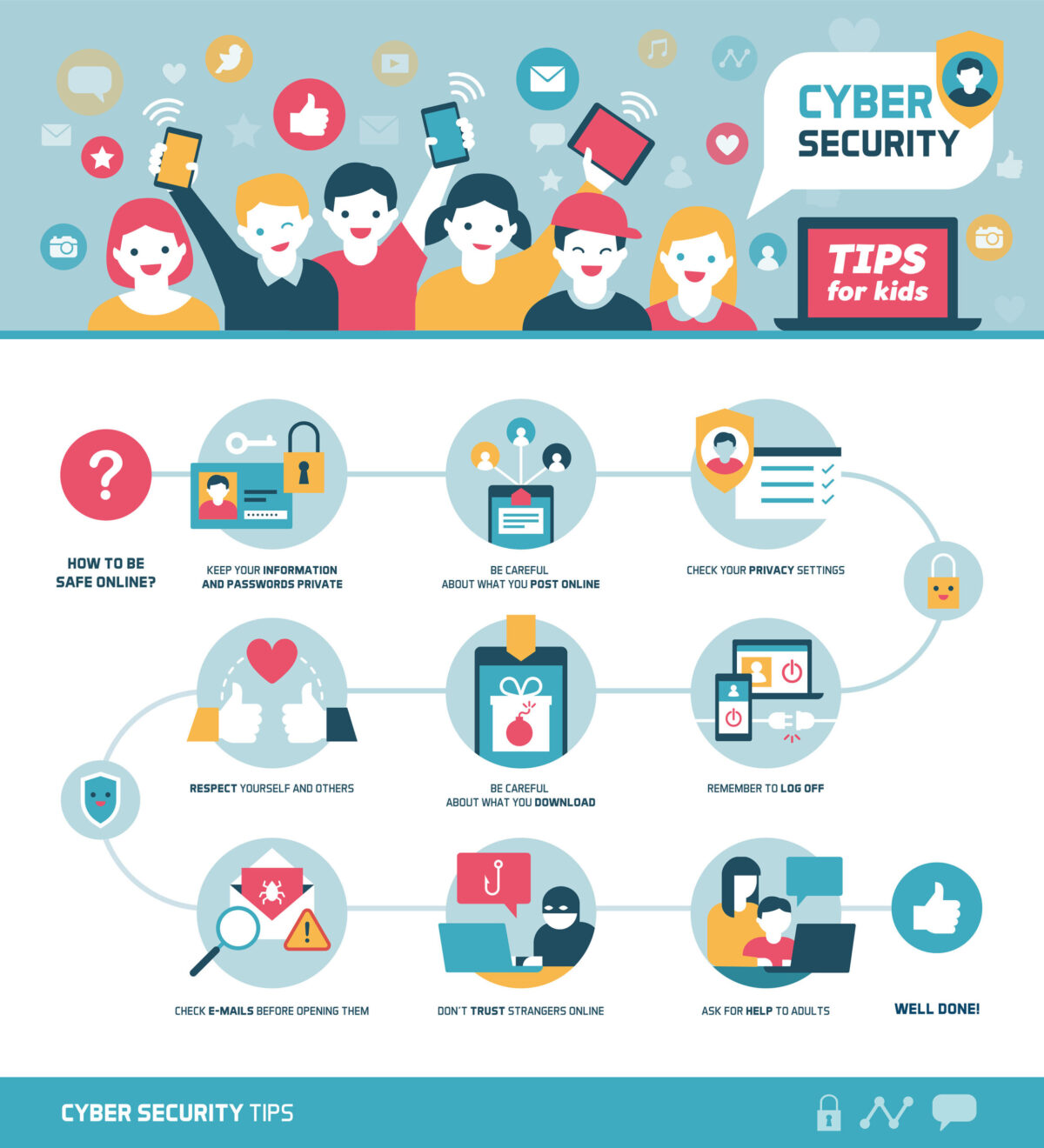Cybersecurity For Kids

Cybersecurity For Kids

Your children need protection from the lurkers and hackers in cyberspace. With more schools shifting to online learning, almost all kids now have access to the internet. Parents should be actively involved in teaching their children safe cybersecurity habits.
Most kids who access the internet are not careful enough when giving out personal information online. They don't realize the risks and dangers of having their confidential and personal information online. From viruses to hackers to identity thieves, these people are lurking in cyberspace, waiting for that opportunity. I can only stress the importance of cybersecurity for kids.
There are several ways to help teach your children the proper methods of accessing, behaving, and protecting themselves online. The most common areas your children go on the web are social network sites where they have online profiles, photos, and keep online journals. Explain the dangers of accepting online friend invites, especially if they don't know the person.

It's important to remember that you are not just adding that one person; you get the "friends of friends" spiral. When you add someone as a friend, their friends will also have viewing access, and, if the settings are not locked down, they will also be able to comment. Most of the time, your kids won't even know these people, and now, if they choose, these individuals can gain access to your kid's personal information. Use the privacy and/or parental controls on the social media apps your kid's access. Many are interactive and easy to set up.
Put their computer in a high-profile area, such as a kitchen, where one or more people are always there. Setting them up in the main traffic area allows you to monitor their browsing activities more easily or encourage them to ask questions. They can call your attention to their monitor if they want to ask questions or show you something. It also discourages them from visiting lewd and otherwise undesirable websites.

These websites are not only inappropriate but are also a breeding ground of malware, spyware, and virus applications that can destroy files, the computer, and even other devices on your network. It's best to be proactive and use controlling mechanisms like content blockers that prohibits them from accessing certain websites and a monitoring application, so you can review what sites they are visiting.
Talk to your children about what they can do online. Get them to engage in a healthy conversation about what they do online, and to let you know if anything seems off. Help them to develop good online habits to ensure their safety online. Teach them the pros and cons of social networking, online file sharing, and even software piracy and illegal downloads. Increasing their knowledge and understanding of the technology of computers and the internet and cybersecurity is arming them with the best protective gear.

Keep in mind that children are naturally curious. Their innocence, and their desire to be independent, can cause them to be careless. Ordinary safeguards are not enough when it comes to protecting your kids in cyberspace. You need to know what your kid's computer habits are so you can better protect them.
Cybersecurity For Kids Read More »


